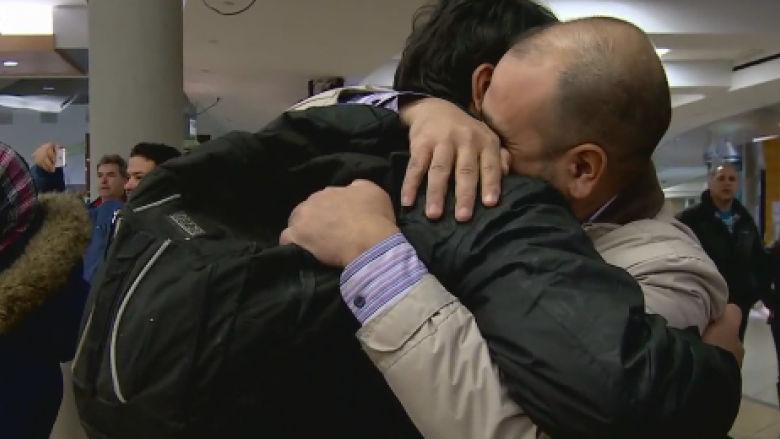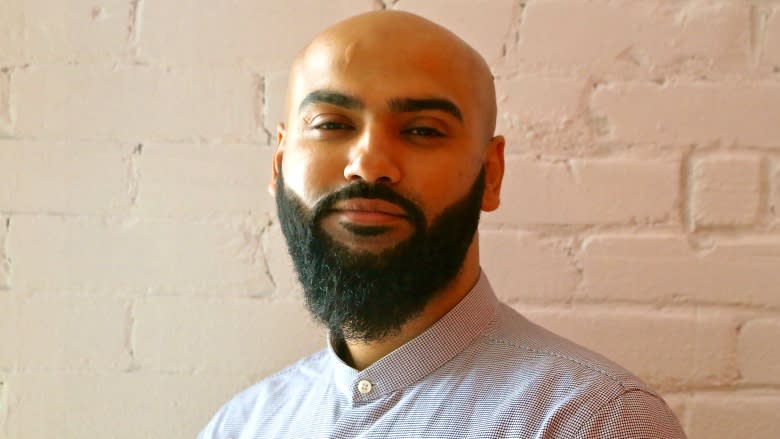Syrian refugees in Edmonton struggle with basic needs, report shows
More than a year after arriving on Canadian soil, thousands of Syrian refugees are still struggling to make ends meet and provide for their families.
Alberta welcomed nearly over 5,100 refugees between Nov. 26, 2015 and March 2017, with 2,100 settling in Edmonton.
A report prepared by city staff and presented to the community and public services committee Monday shows the biggest challenges are in health, housing and employment.
"It's just the demand is so high," Ricki Justice, with the Mennonite Centre for Newcomers, told the committee.
Justice said refugees dealing with complex trauma from the Syrian war are having a tough time accessing psychological services.
"Six-week wait times to see a counsellor," she said.
Catholic Social Services, a group responsible for settling the government-assisted refugees in Alberta, has held a series of forums since the first refugees arrived last year. In May 2017, it compiled the information delivered in the report.
"It's not out of a lack of want," Mohamed Huque, executive director of the Islamic Family and Social Services Association, told CBC News.
"Sometimes it's a lack of resources."
He said long wait times and a lack of childcare prevent some refugees from attending language classes, which could boost their skill levels and better their chances of finding work.
"I hope the public appetite doesn't wane," Huque said. "The long-term effects are the ones that we tend to lose focus [on]."
Housing struggles
The province came out with an affordable housing strategy earlier in the summer and Huque hopes some of it will address the need for larger units for bigger families.
"I don't think it was expected the sizes of some of these families," he said. "Six, seven, eight people are just not going to fit into a two- or three-bedroom unit."
He said moving to a bigger place is beyond many refugees' means. They end up relying on food banks and other charities.
Coun. Scott McKeen told the committee he wants to see better documentation on refugees' backgrounds and what families need.
"We probably, as a community, don't have a really good handle on how big that is," McKeen said. "Where the gaps are going to be for what kind of family."
McKeen said he wants to know how many are struggling with housing "so then we can, with our government partners, come up with a strategy that is effective."
Huque explained a lot of that information is contained in sponsorship documents, which accompanied the families when they arrived and include background on the kinds of employment they had in Syria.
But the location of those documents depends on who sponsored the families.
"It's in different places, but it's available."
Refugees are still arriving, but not in the same numbers. The city report is meant to outline the gaps in services.
The city helps coordinate and share information among agencies to help newcomers participate economically, socially and culturally in the long term.



